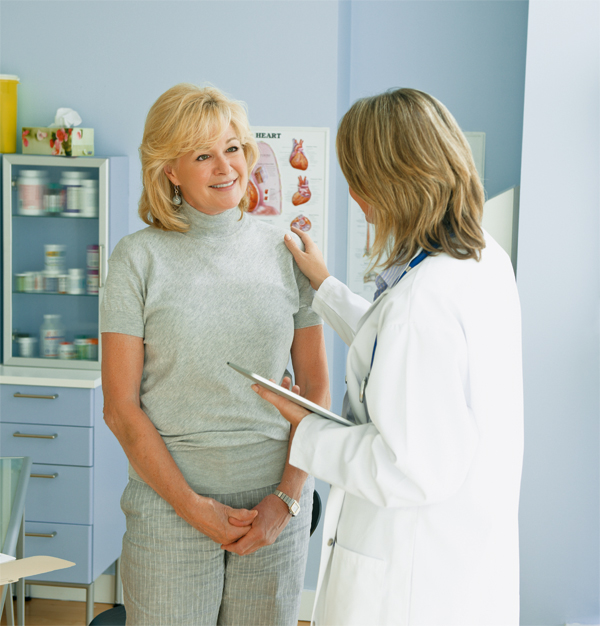We seem to be powerless to do anything to prevent many cancers, but there are steps you can take to reduce the chances of getting cervical cancer. Smear tests can save lives and the cervical cancer vaccine may be able to make a big difference to the number of women developing the deadly disease.
Every year, about 160 women are diagnosed with cervical cancer in New Zealand and about 60 of them die from the disease.
Women who smoke are twice as likely to get cervical cancer.
A regular smear test can reduce the risk of getting cervical cancer by 90%. Women between the ages of 20 and 70 should have a smear test at least every three years.
Having sex for the first time at an early age and having multiple sex partners can increase your risk.
Around 99% of cervical cancer is linked to infection with Human papillomavirus (HPV) which is typically spread through sexual contact.
About 80% of people are infected with HPV at some stage, but most infections clear without treatment and don’t cause cancer. However, the infections sometimes don’t clear. Persistent HPV infections can cause abnormal cells, which sometimes develop into cancer.
It’s possible to get HPV and not know about it. It can cause genital warts which are often flesh coloured and painless. occasionally it can lead to symptoms such as itching, pain or bleeding.
The HPV vaccine Gardasil causes the body’s immune system to produce its own protection against the four types of HPV that cause most cases of cancer.
It’s thought that eventually 30 lives will be saved every year thanks to the HPV vaccine.
Gardasil is most effective when it’s given to women before they are sexually active, as this means they won’t have been exposed to the HPV virus.
The set of immunisations is free to girls born from January 1, 1990 onwards. However people born in either 1991 or 1992 only have until the end of this year to get the vaccine at no cost. Girls born from 1992 onwards can get the vaccine free of charge until their 20th birthday.
If you were born before 1990 and want to have the vaccine you can get it from your doctor, Family Planning clinics or health centres. It’s priced from $450 for three doses.
Studies are currently taking place to see how long the vaccine is effective for. opinions vary as to whether a booster dose of the vaccine is needed for long-term protection.
The HPV vaccine has been shown to be at least 95% effective at preventing the four types of HPV it targets. But even if you’ve been vaccinated, you still need to have regular smear tests, as it doesn’t protect against the types of HPV that lead to cervical cancer.
Health watch
Using the excuse “I don’t have time” as a reason for not exercising will no longer wash following a study that has found just 15 minutes exercise a day can lengthen your life. Taiwanese researchers say even short bursts of physical activity can add up to three years to your life and vigorous activity done for a short period of time may have the same health benefits as less intense activity carried out for longer.
one of the world’s most commonly taken painkillers could improve memory. French researchers believe paracetamol may act on key brain cells that control recall, after initial studies showed people taking the drug every day performed better on memory tests.




